
Whatever it is, the way you tell your story online can make all the difference.
In this teishō on Book of Equanimity Case 21, “Ungan Sweeps the Ground,” Sensei Sōen Michael Brunner examines how our mental commentary replaces direct experience.
One of the most dangerous things on the spiritual path is blaming causes and conditions — or blaming other people — for our inability to practice. For our inability to function freely in our own lives.
You’ve been asked that question before —
usually as a correction.
But what if it’s the most important question you answer today?
You can think your way all the way to the edge — but you can’t think your way into intimacy with this moment.
You’re holding more than you think.
And it’s costing you.
What changes when you stop clinging — even for a breath?
What if nothing was ever missing? In this teishō on Mumonkan Case 9, Daitsu Chishō, Sensei Soen Michael Brunner examines the hidden assumption that practice leads somewhere—and what it means to come home to the non-attained Buddha here and now.
In this teishō on Mumonkan Case 8, Ketshū Makes Carts, Soen Sensei (Michael Brunner) examines how we mistake explanation for intimacy and why Zen practice collapses the distance between experience and understanding. What happens when the “wheels” are removed—and what still functions?
Practice begins by judging the current. By seeing clearly where it’s taking us. When we do that, we can become skillful oarsmen — using those same thoughts and assumptions consciously, steering the raft toward the actual current of lived experience.
You will never accumulate enough or exchange enough to make the created story of yourself feel substantial. But when you drop it—when you stop trying to secure it—you discover something else. As you respond directly to the suffering you encounter around you, your true nature appears. And it appears as compassion.
In this Dharma talk at One River Zen, Anzan Eric Mehon reflects on the opening verses of the Dhammapada, exploring how the mind shapes our experience of suffering and joy. Through everyday moments — from the frustrations of daily life to the challenges of meditation itself — he reveals the simple yet demanding practice of returning again and again to breath, intention, and presence.
See all the happenings and plan your week at One River Zen. Be sure to join us for meditation…
In this morning teishō, Sensei Michael Brunner explores Gen’yō’s One Thing (Shōyōroku, Case 57), a classic Zen kōan that examines how our attempts to clarify, correct, and refine—especially our habit of judging others—often trap us more deeply in conceptual division. What we think will free us instead becomes the very burden we carry.
Where blame ends, responsibility begins.
A new Daily Zen reflection on stepping back onto your Dharma throne and doing the work that’s actually here.
In this morning’s Daily Zen, Sensei Michael Brunner reflects on how the story of the self creates a constant sense of scarcity — even around time itself. When we stop trying to make ourselves substantial and instead give our time freely in service and attention, something surprising happens: time begins to feel boundless.
A quiet invitation to step out of striving and into presence as the week begins.
Does karma move before you choose?
In this week’s Zen teisho, Sensei Michael Brunner brings together neuroscience and the Blue Cliff Record to reveal a hidden gap inside every moment — a place where habit loosens and real freedom can appear.
What if freedom isn’t something you achieve—but what remains when you stop pretending?
In this teaching on Emperor Dōkō’s Cap (Shōyōroku 97), Sensei Michael Brunner explores how Zen cuts through self-seriousness and spiritual performance, revealing the true treasure that’s been present all along.
Come join us for meditation or a retreat as this year comes to a close, and we begin to awaken to the possibilities 2026 will bring!
This morning’s Daily Zen Talk — a reminder that every mask we wear eventually slips. Sit and see what’s underneath…
You've tasted the peace of retreat, but what happens the moment you walk out the door? Sensei Michael Brunner reveals the Garuda Trap: the instant surge of karmic momentum that destroys your clarity. Learn the only way to avoid becoming the blind turtle, crushed under Mount Sumeru. Don't just leave retreat—master your re-entry.
Make it stand out.
-

Dream it.
It all begins with an idea. Maybe you want to launch a business. Maybe you want to turn a hobby into something more. Or maybe you have a creative project to share with the world. Whatever it is, the way you tell your story online can make all the difference.
-

Build it.
It all begins with an idea. Maybe you want to launch a business. Maybe you want to turn a hobby into something more. Or maybe you have a creative project to share with the world. Whatever it is, the way you tell your story online can make all the difference.
-

Grow it.
It all begins with an idea. Maybe you want to launch a business. Maybe you want to turn a hobby into something more. Or maybe you have a creative project to share with the world. Whatever it is, the way you tell your story online can make all the difference.

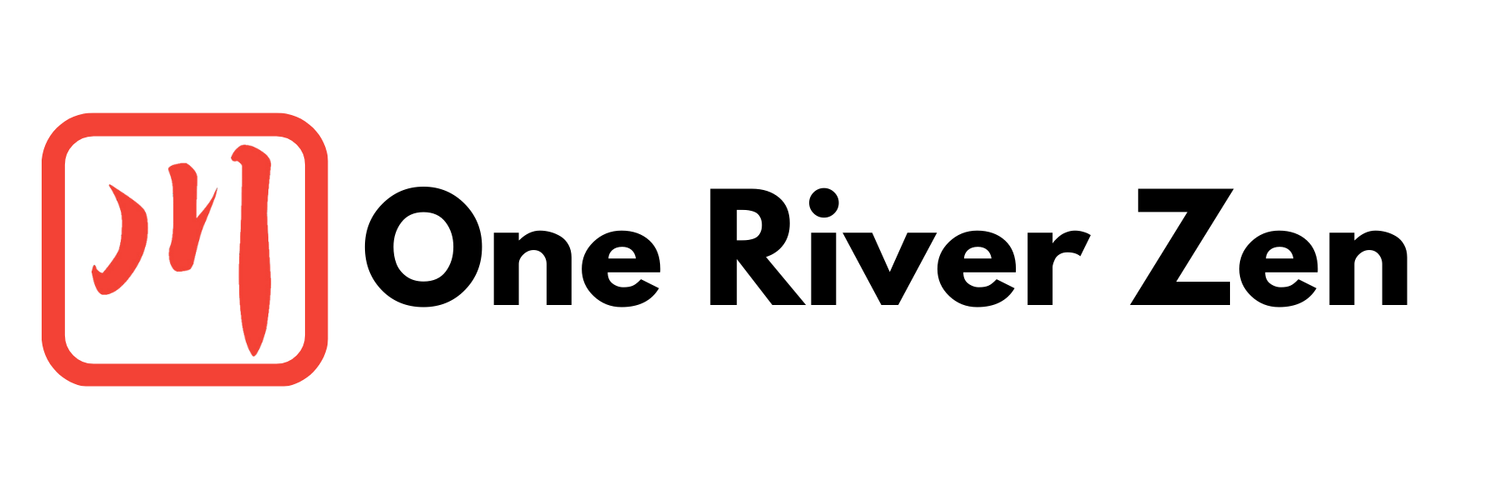





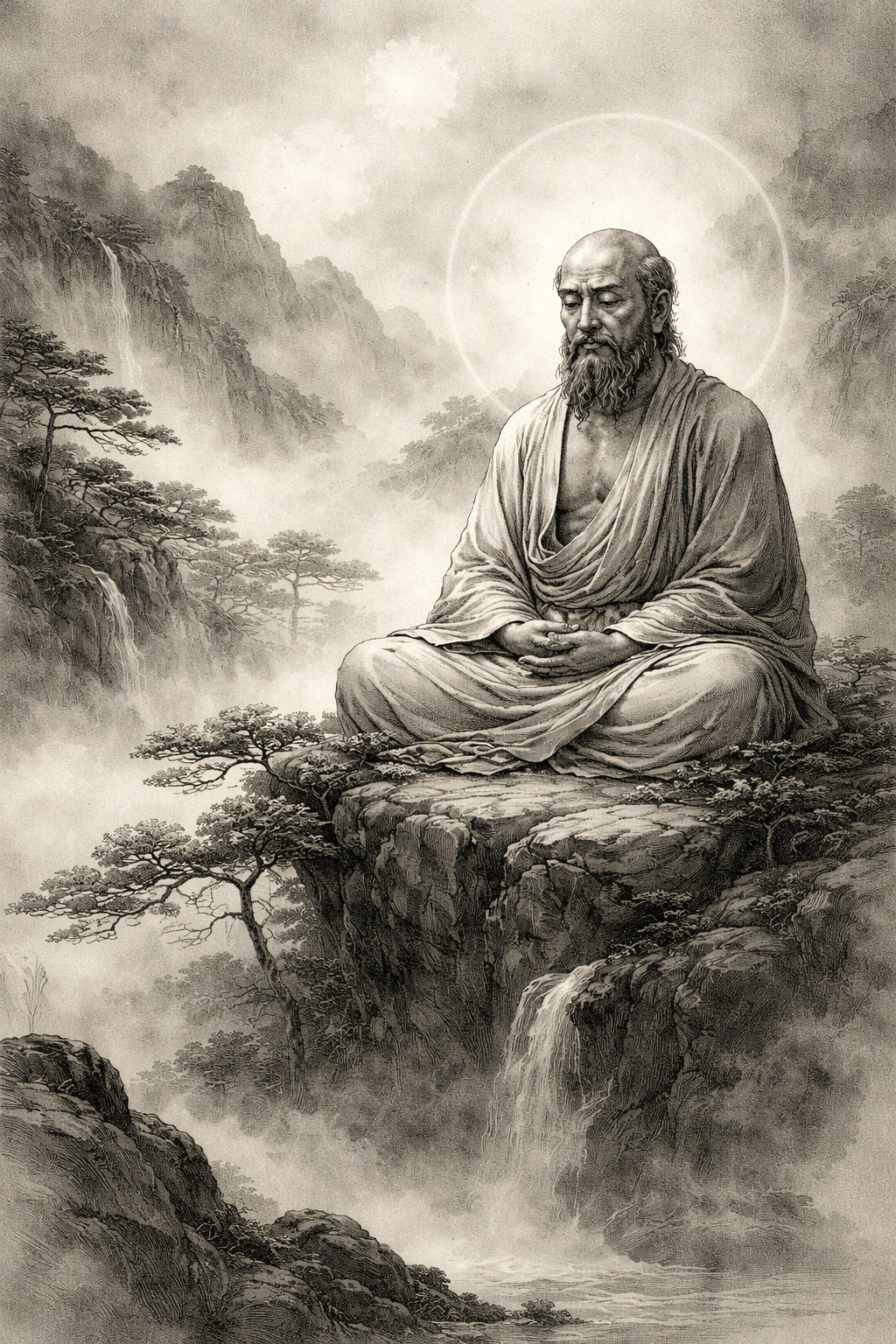
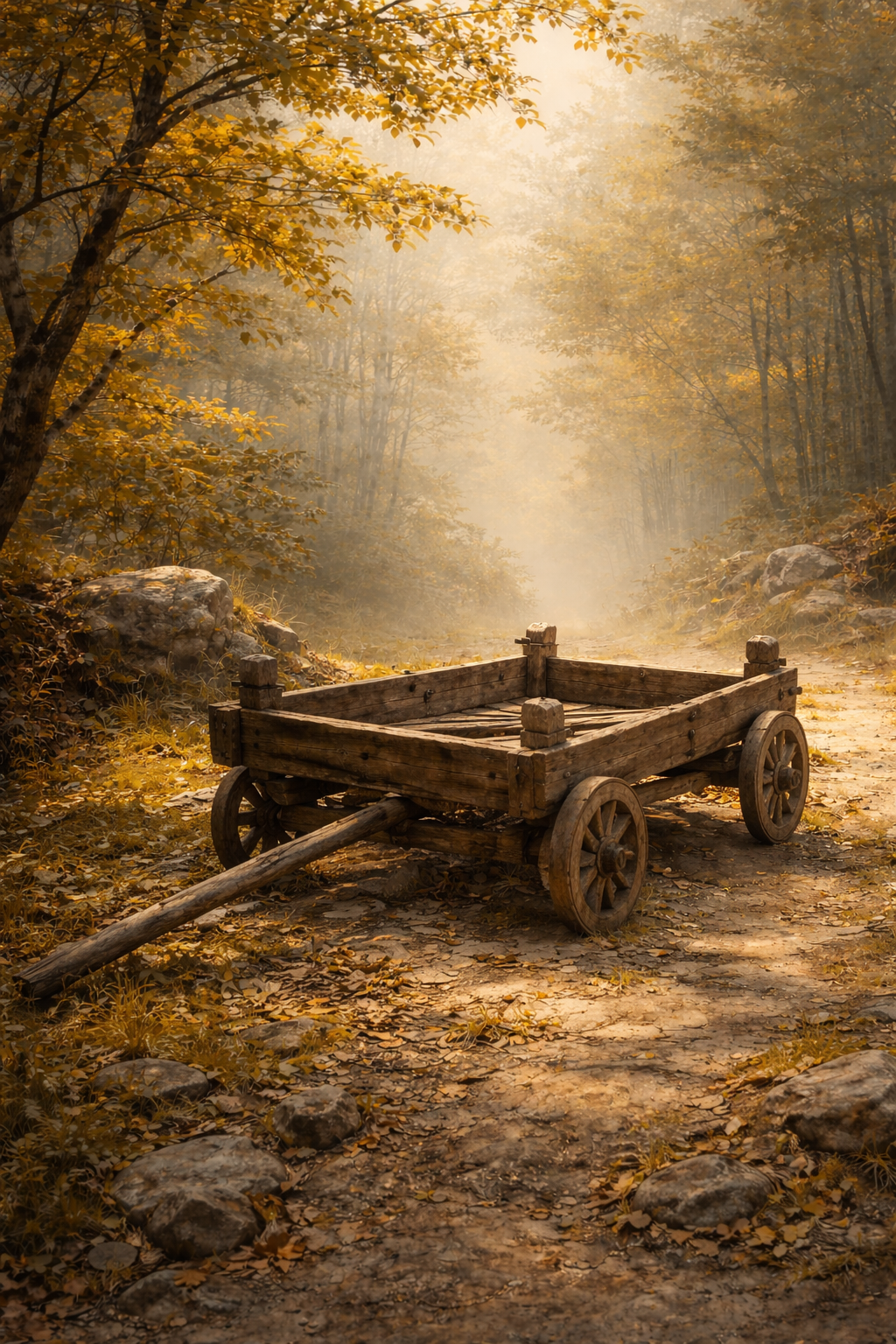
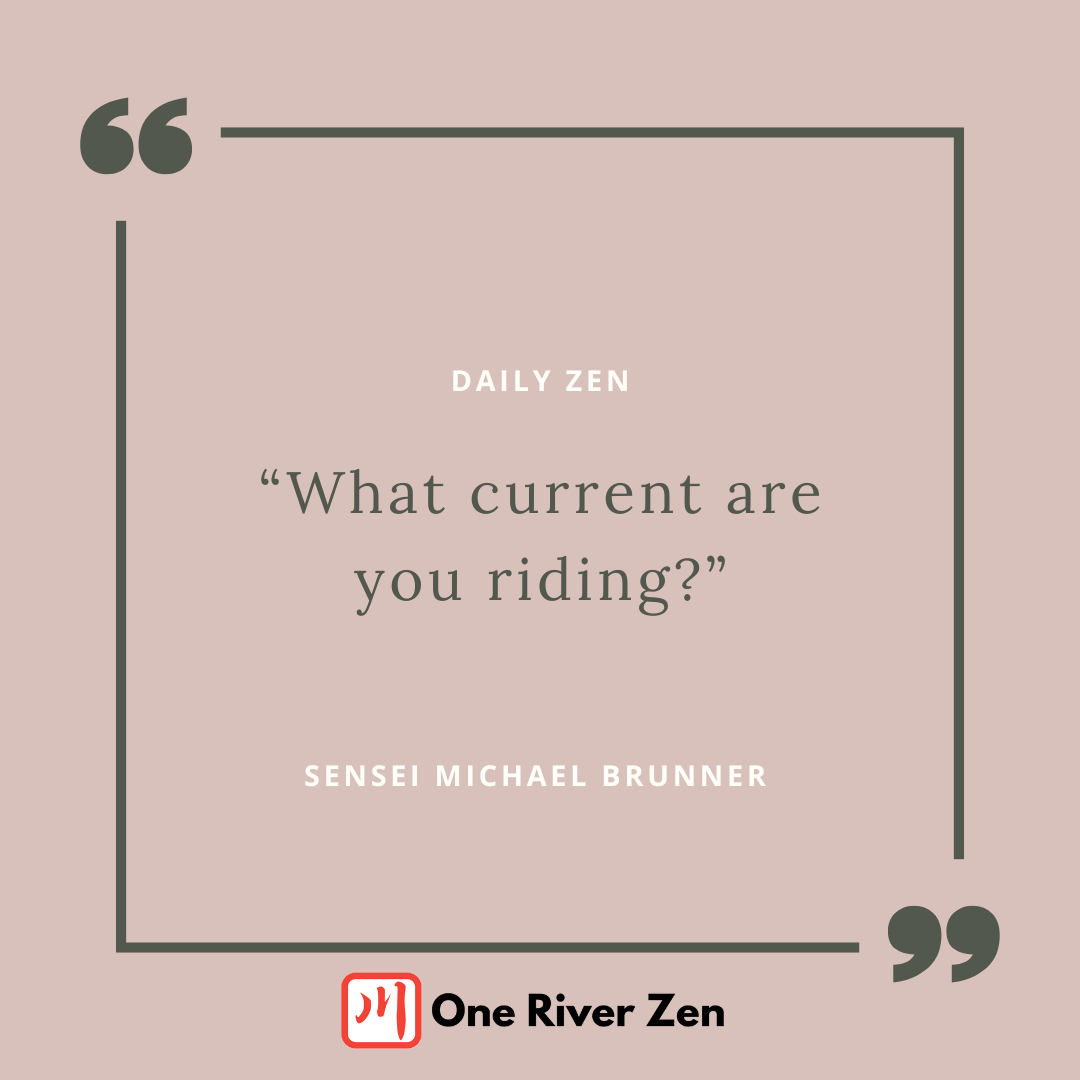
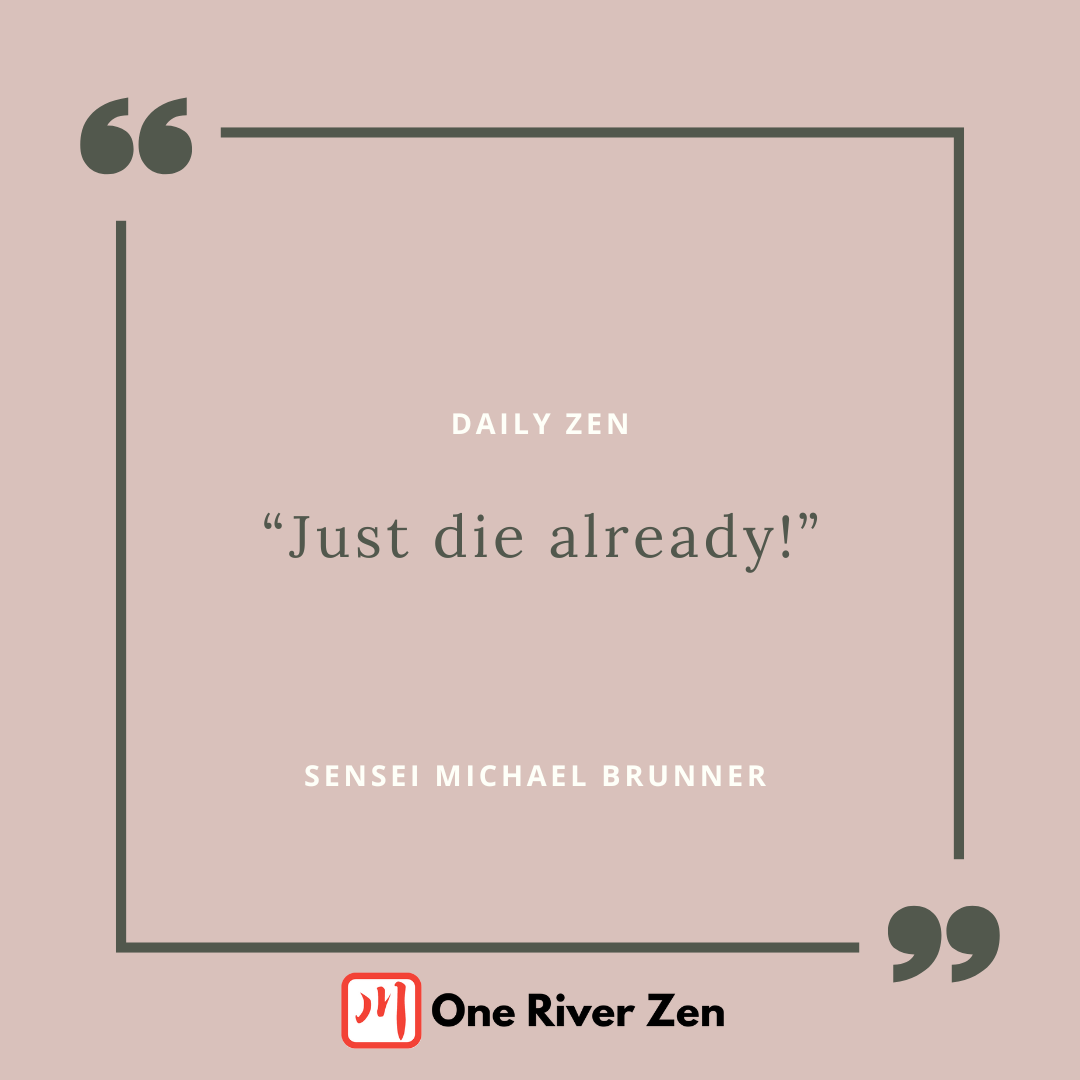
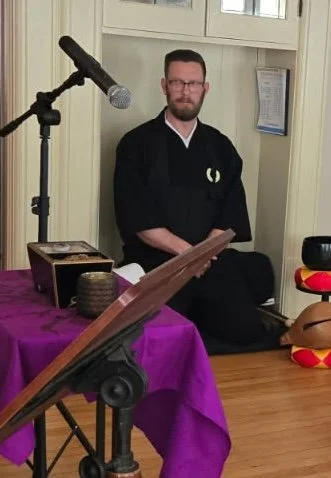
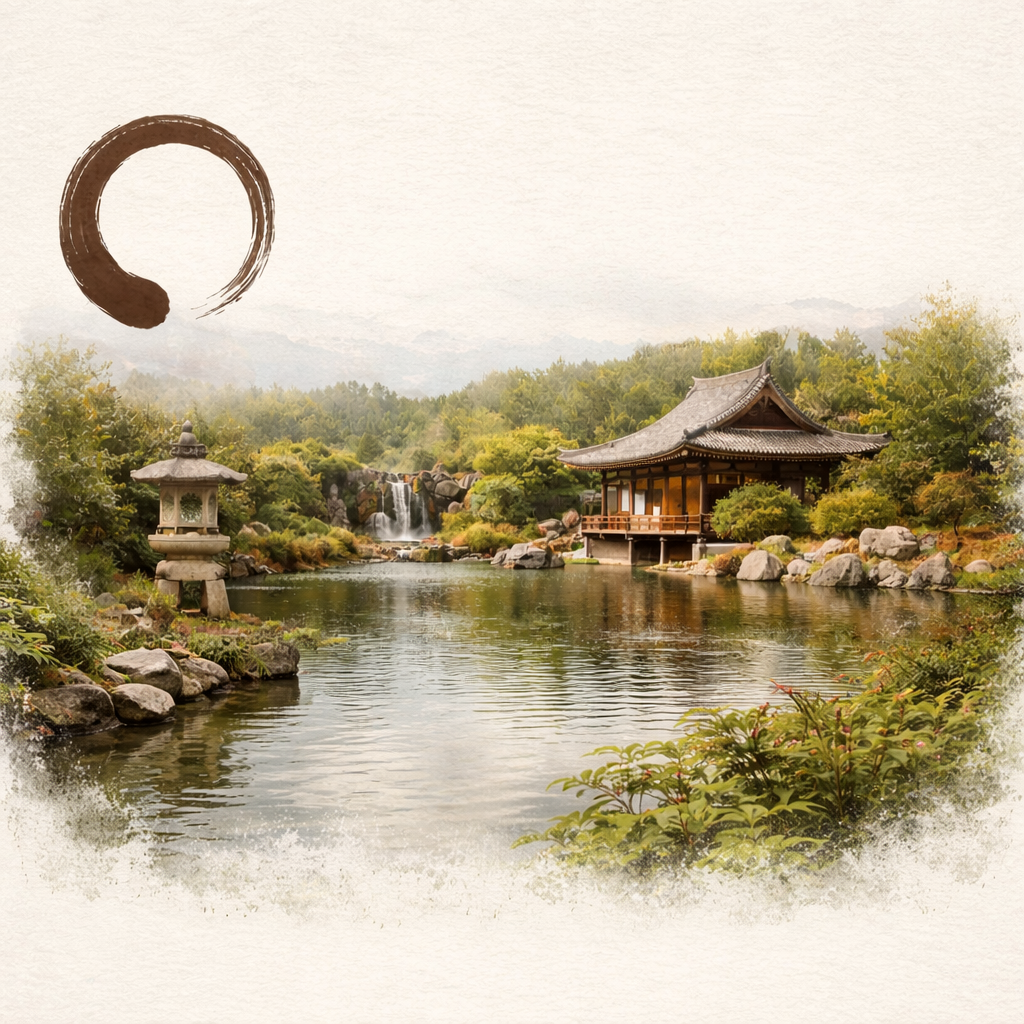
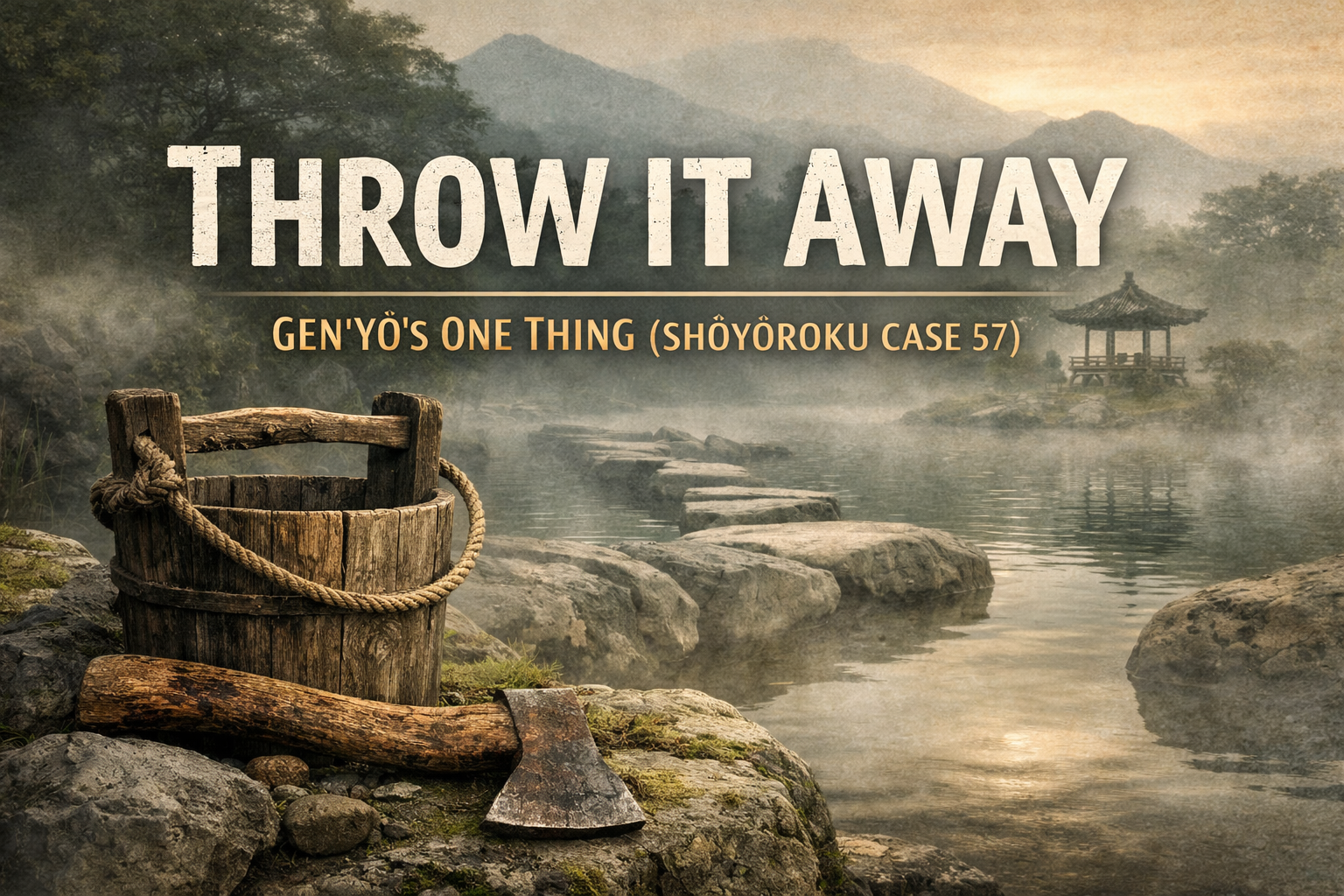
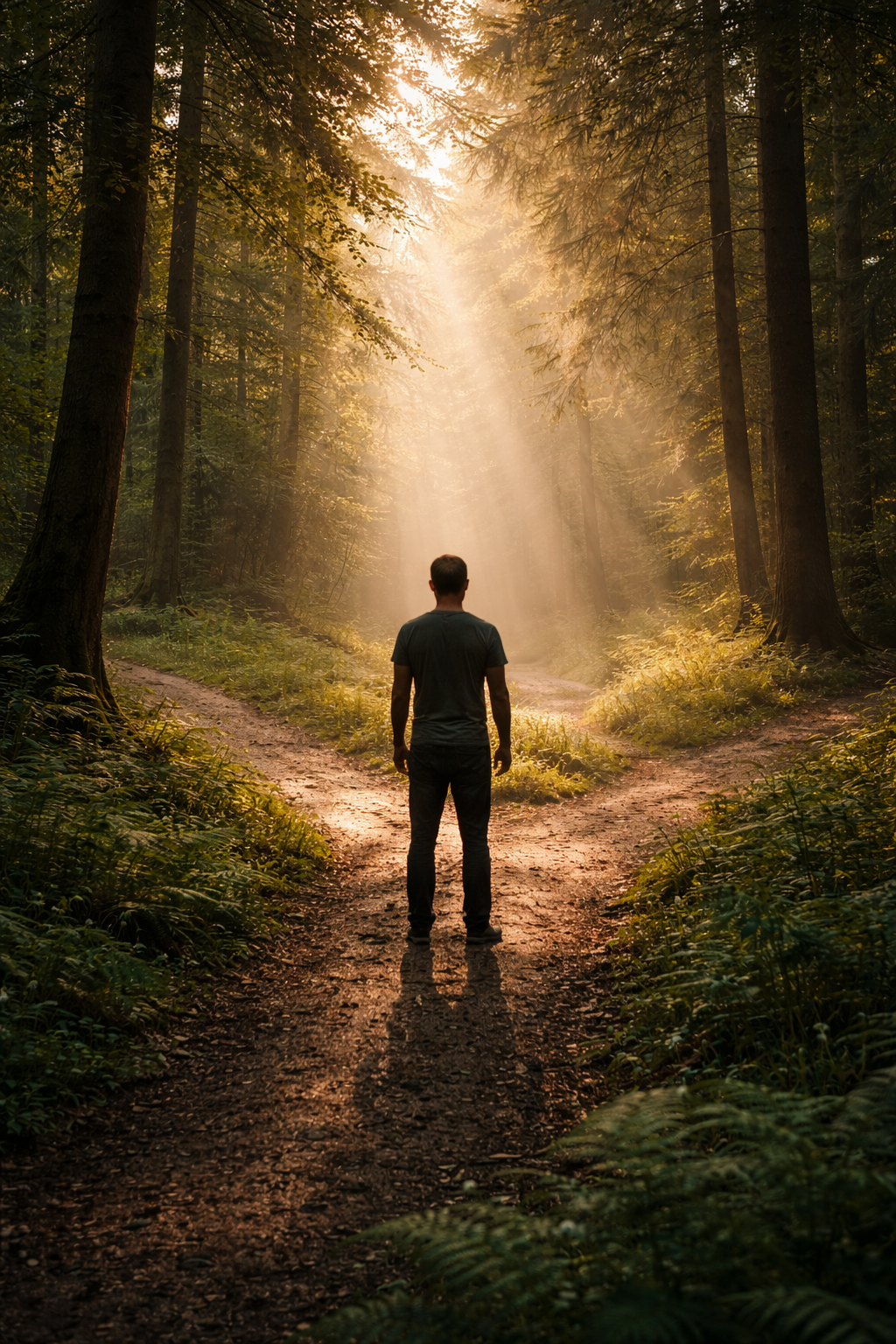
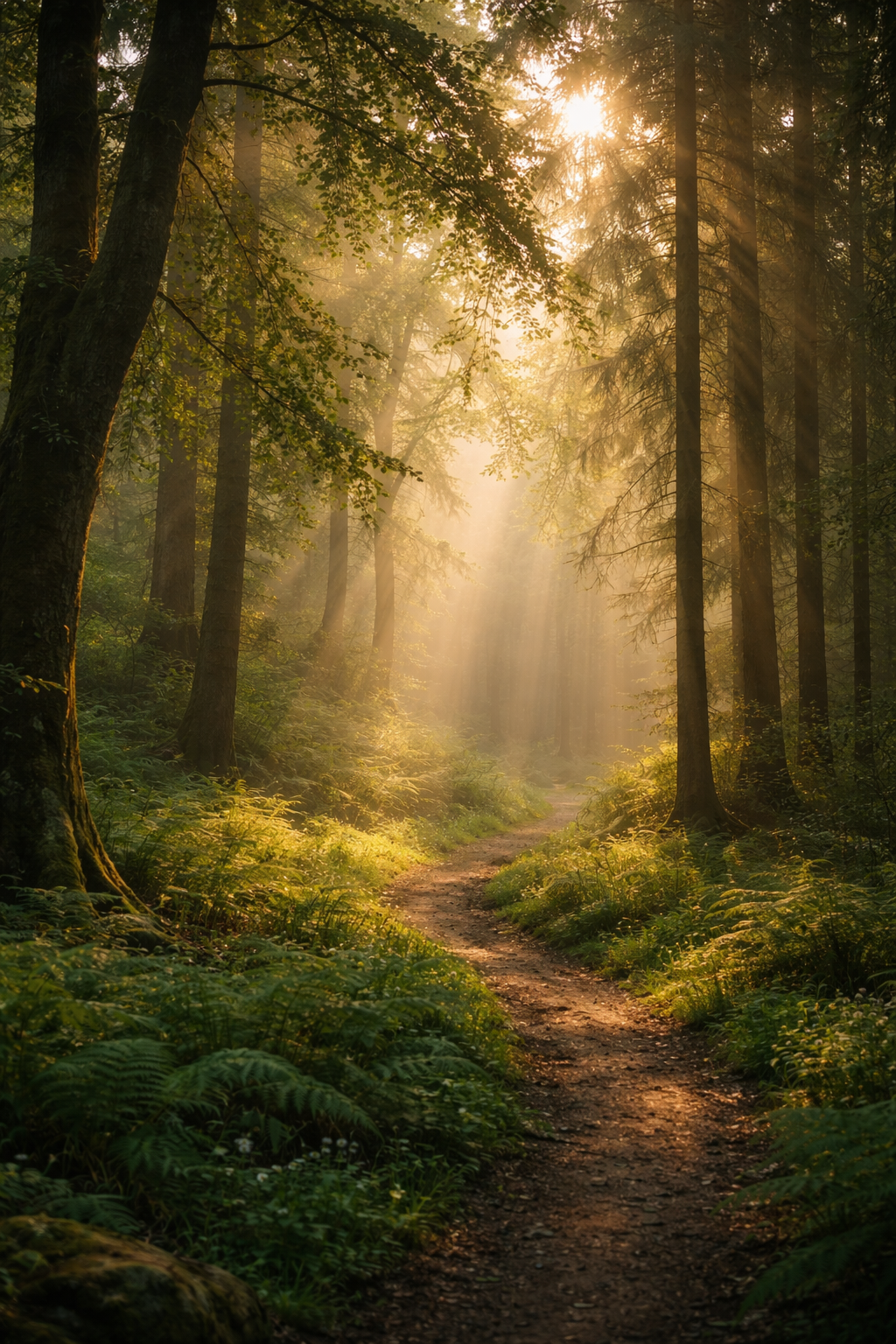
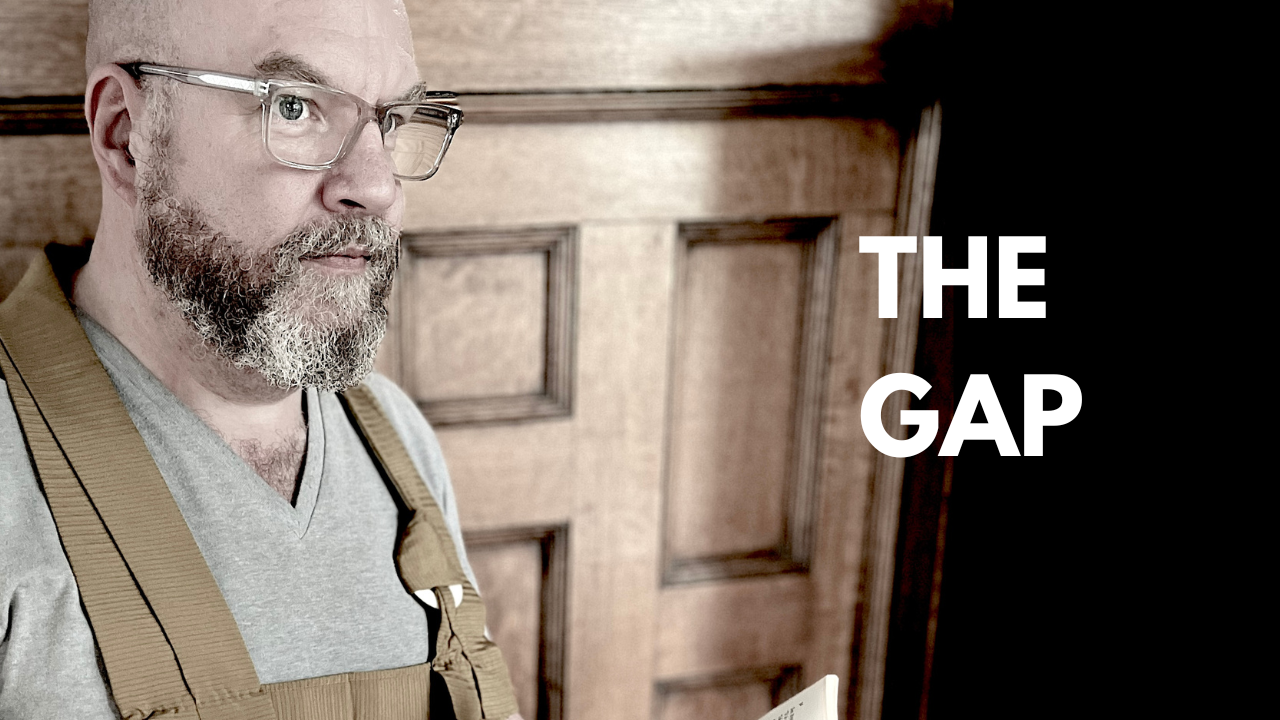
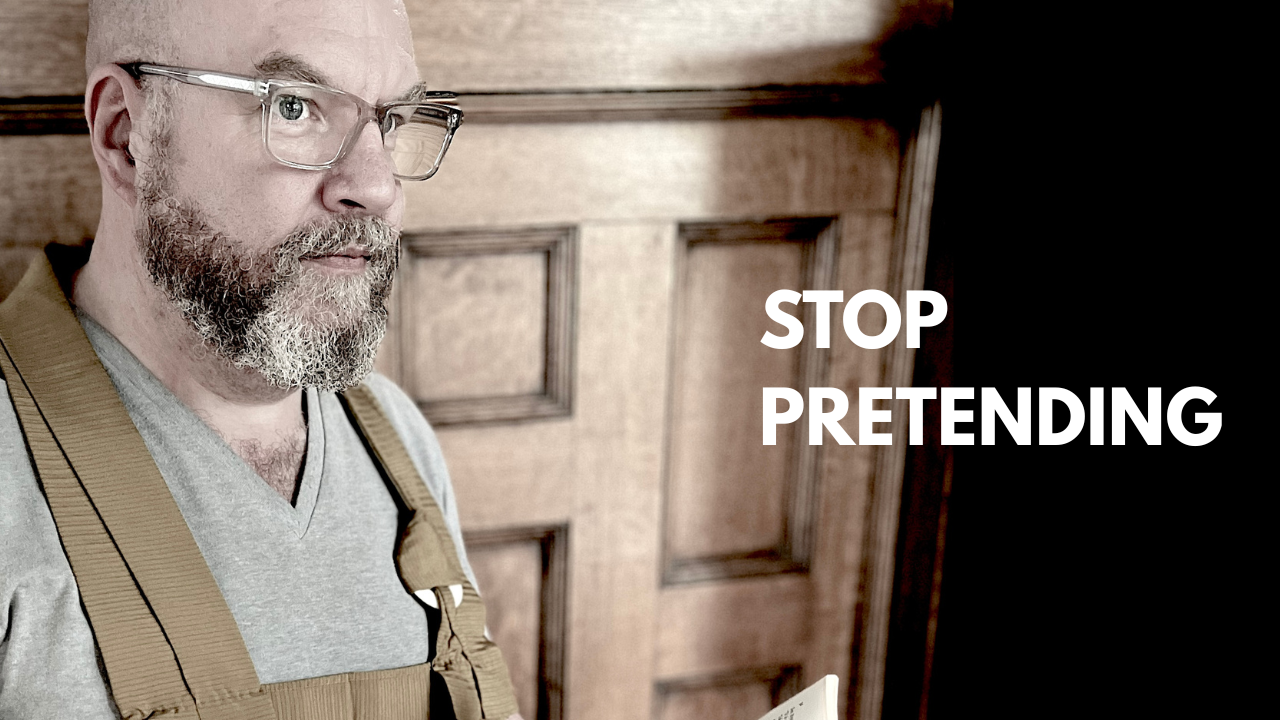



You think if you give too much away, you’ll have nothing left. What if that math is wrong?